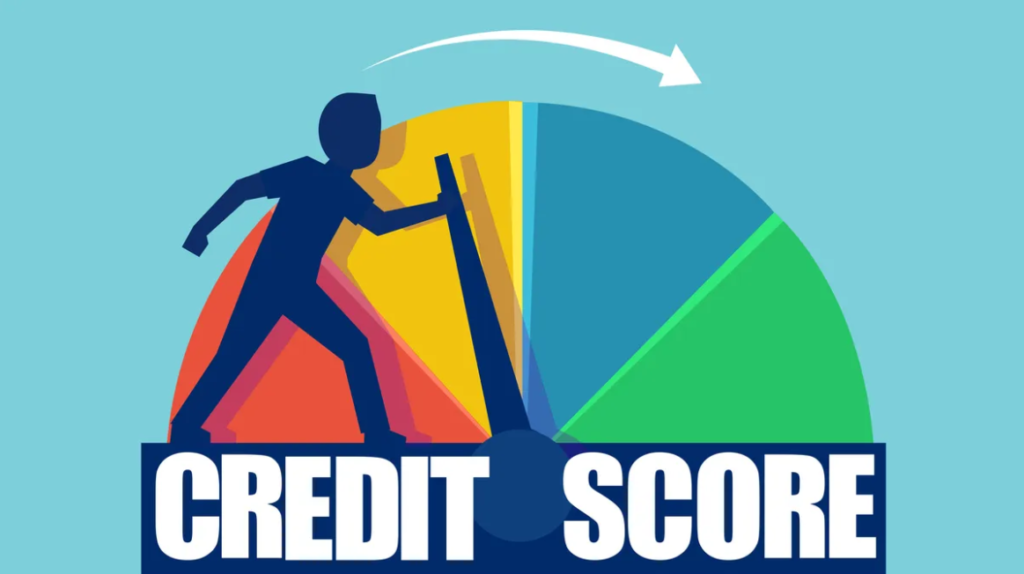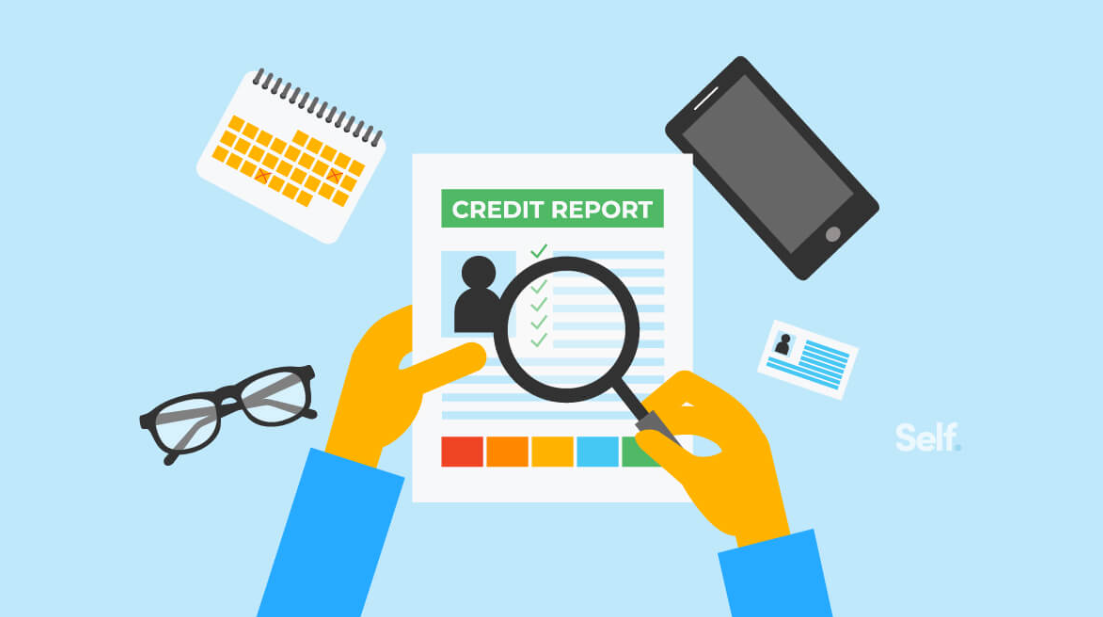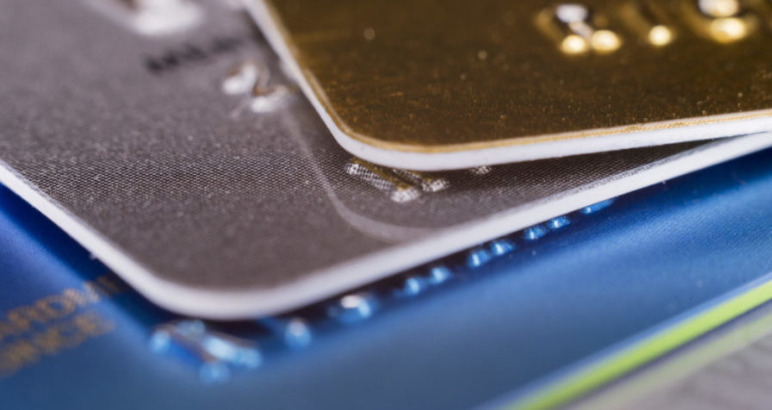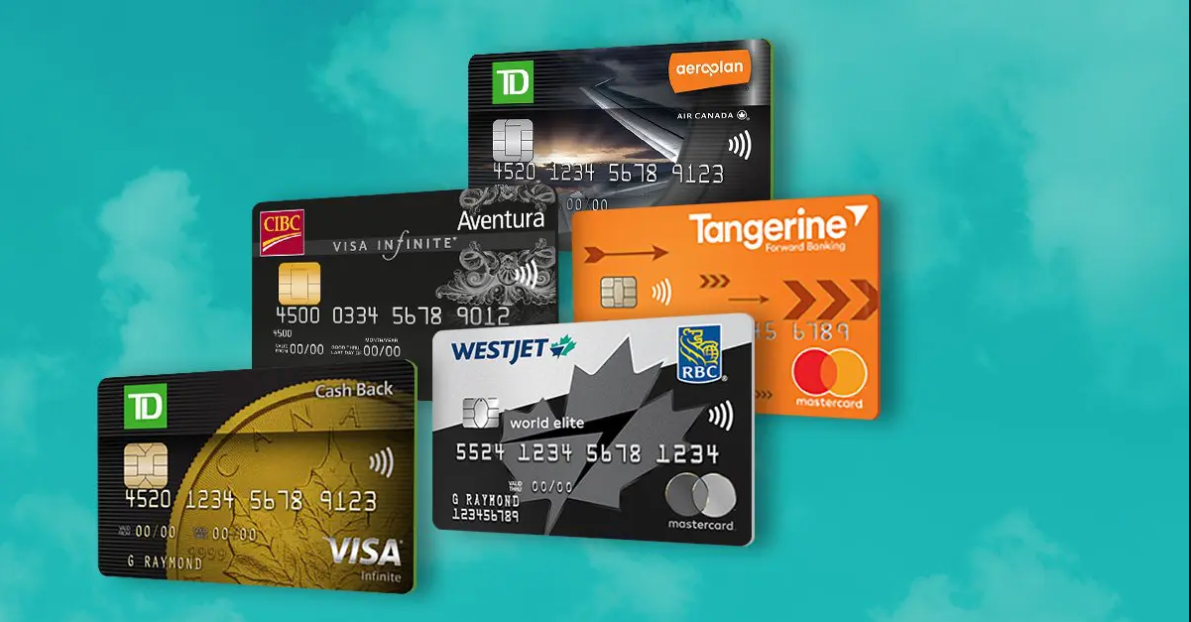Factors That Affect Your Credit Score
Do you think you need an advanced degree to know what is affecting your credit score? The good news is that if you don’t, it can be really easy.
Behind the numbers themselves (credit scores are usually 300 to 850), five key factors are used to calculate the credit score. Lenders use these scores to determine your chances of repaying your loan, so these scores are often the deciding factor in whether you will get a new loan.
As your financial profile changes, so do your score, so knowing which factors and types of accounts affect your credit score will help you to improve over time.
Top 5 Credit Score Factors

When talking about actions that can directly affect your score, it is important to make it clear that some actions will have a greater impact than others. For this reason, we will list the factors that affect credit scores and the ones that affect the top of the list the most:
1. Payment history
It should come as no surprise that not paying your bills, especially on existing credit cards, can bring your score down sharply. FICO and other credit scoring models value this factor the most. Your payment date is 35% of your total credit score.
What counts in your payment history? In general, your credit cards and debts as well as these accounts include:
● Home mortgage
● Car loans
● Student loans
● Cell phone bills
● Medical bills
● Store credit accounts
● Bank lines of credit
Late payment may not have much effect on your score, but many wills. An example of late payment behavior for lenders is that you have a higher credit risk, and your score will change to reflect that.
It is also very difficult to increase the score after lowering it due to late payments, so do your best to make these payments on time. If you can’t make a monthly payment, call your lender before the due date, and see what can be done to give you a little more time to pay.
2. Credit utilization
The term may sound complicated, but it is just a number that indicates how much of your available credit is currently being used. For example, if you have a $10,000 credit card, and you have charged 4,000 on it, your use of this card is 40%. However, your credit score looks at all of your credit cards and debts and collects the amount owed to you, then compares it to your available credit limits. This ratio is 30% of your credit score, so this is very important!
Improving your credit utilization ratio is one of the fastest ways to increase your credit score. FICO and other scores like to see you below 30% usage, so if you’re hooked on it a bit, play one or two cards and see your score improve. The best credit score used is less than 10%.
3. Credit age and history
If you are very young and just starting out with credit, your score will reflect that. Credit age is about 15% of your credit score, and scoring agencies will consider both the age of your oldest account and the average age of all your accounts.
For new credit holders, there is not much you can do but use your credit wisely and wait for your accounts to get old. Closing old accounts, even if you don’t use them, will reduce the overall average account age. Opening a new account will do just that. Keep your accounts as long as it makes sense so that your oldest account can increase your credit score.
4. Credit mix and account types
It is important to say something about the variety, especially when it comes to credit. Lenders like to see that you can handle all types of credit accounts and loans, and you will be rewarded for handling different types of credit responsibly with a better credit score. This category makes up only 10% of your score, so how do you make it work for yourself?
Be aware of two types of credit accounts: revolving (such as credit cards and lines of credit) and installment loans (such as your mortgage or car payments). Having a little bit of both is the best way to keep your score in tip-top form.
5. Credit inquiries
As you might expect, whenever you apply for a credit card or loan, a lender will run a credit report on you, and this inquiry can lower your credit score by a few points for a limited time. This type of inquiry is called a “difficult inquiry” because it affects your credit score.
The second type of credit inquiry, a “soft inquiry,” is one that companies or landlords can run as a condition of doing business with you. You may not even know that one has been run, and since it does not affect your score, it is usually not a big deal.
Hard credit inquiries make up 10% of your total credit score, so do them a little bit.
Types of Accounts That Impact Credit Scores

Generally, credit files contain information about two types of loans: installment loans and revolving credit. Because revolving and installment accounts keep track of your debt and repayment history, they are important for calculating your credit score.
Installment credit
Usually consists of loans where you borrow a fixed amount and agree to make a monthly payment towards the total balance until the loan is repaid. Examples are student loans, personal loans, and mortgage accounts.
Revolving credit
It is usually associated with credit cards but may also include some types of home equity loans. With revolving credit accounts, you have a credit limit and make a minimum monthly payment based on how many credits you use. Revolving credit can fluctuate and usually has no fixed term.
What’s not in your score?
According to FICO, the following information is not considered in determining your credit score:
- Marital status
- Age (though FICO says some other types of scores may consider this)
- Race, color, religion, national origin
- Receipt of public assistance
- Salary
- Occupation, employment history, and employer (though lenders and other scores may consider this)
- Where you live
- Child/family support obligations
- Any information not found in your credit report
- Participation in a credit counseling program
What to do if you do not have a credit score.

If you want to establish and build your credit but you do not have a credit score, these options will help you move forward.
✅ Get a secure credit card. A secured credit card can be used just like a traditional credit card. The only difference is that signing up for a secure card requires a security deposit – usually equal to your credit limit. This security deposit protects the credit issuer if you default and makes it more comfortable to take on more risky borrowers. Use a secure card for small essential purchases and make sure to pay your bills in full and on time each month to help establish and build your credit.
✅ Become an authorized user. If you are close to someone who has a credit card, you can ask them to add you as an authorized user to start their credit jump. In this scenario, you get your card and are allowed to spend on the central cardholder’s account. In many cases, credit card issuers report authorized users to the credit bureau, which adds to your credit file. As long as the primary cardholder makes all their payments on time, you should benefit.
How to Improve Your Credit Score

Improving your credit score can be easy when you understand why your score is making it difficult. It can take time and effort, but developing responsible habits now can help you increase your score in the long run.
A good first step is to get a free copy of your credit report and score so you can understand what’s in your credit file. Next, focus on what is lowering your score and work to improve those areas.
Here are some common steps you can take to begin the process of preparation for mediation.
- ✅ Pay your bills on time. Since payment history is the most important factor in building your credit score, paying all your bills on time each month is important to improve your credit.
- ✅ Pay off debts Reducing your credit card balance is one of the best ways to reduce your credit utilization ratio, and it can be one of the fastest ways to increase your credit score.
- ✅ Make any outstanding payments. If you have any payments that are outstanding in the past, updating them can help prevent further damage to your credit score. Delayed payment information in the credit files includes how late the payment was made 30, 60, or 90 days ago, and the longer the time elapsed, the greater the impact on your score.
- ✅ Dispute misinformation on your report. Mistakes happen, and incorrect information in your credit file can damage your score. Periodically monitor your credit reports to make sure no misinformation is exposed. If you find something out of place, start arguing as soon as possible.
- ✅ Restrict new credit requests. Limiting the number of requests for new credit will reduce the number of hard inquiries in your credit file. Difficult inquiries last up to two years on your credit report, although over time their effect on your scores fades.






